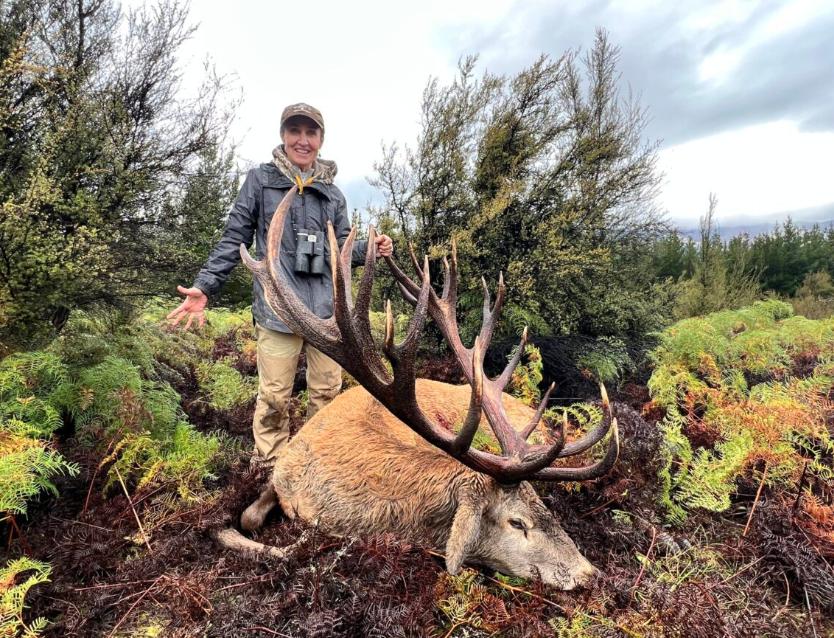
The allure of Africa’s big game hunting is undeniable. It’s a tradition that dates back centuries, offering a blend of adventure, sport, and a profound connection with nature. However, the essence of hunting in Africa’s vast wilderness demands respect, responsibility, and an understanding of conservation principles. This post guides you through the essentials of how to engage in big game hunting in Africa with a focus on safety, ethics, and sustainability.
Establishing A Foundation of Understanding and Respect
Africa’s big game hunting isn’t just about the pursuit; it’s about immersing oneself in an environment that’s as dangerous as it is captivating. The first step to becoming a responsible hunter is gaining a deep respect for the wildlife, the local communities, and the laws that protect them. Every hunter must recognize that they are guests in a natural world that demands both respect and understanding.
Ensuring Safety: Preparation is Key
Safety begins with preparation. Accurate knowledge of your equipment and its limitations, comprehensive planning, and an understanding of the behavior of the animals you are hunting are non-negotiables. Attend safety briefings, and ensure all permits and documents are in order before embarking on your journey.
Ethical Hunting Practices
Ethical hunting means choosing to hunt in a manner that causes the least amount of suffering to animals and has a positive or neutral impact on the ecosystem. Practices include fair chase principles, hunting only mature animals that have contributed to the gene pool, and avoiding any action that might lead to unnecessary suffering or ecological imbalance.
Conservation Through Hunting
It might seem counterintuitive, but regulated hunting has a vital role in the conservation of species and habitats. The funds generated from license fees and hunting taxes often contribute significantly to local conservation efforts. Hunter’s etiquette dictates supporting those initiatives that prioritize long-term sustainability over immediate gain.
Cultural Sensitivity and Giving Back
Being sensitive to local cultures and communities is an integral part of big game hunting in Africa. Engaging with local guides, respecting customs, and contributing to the economy not only enrich the hunting experience but also help in building relationships based on respect and mutual benefits.
The essence of responsible big game hunting in Africa lies in balance — between the thrill of the hunt and the imperative of conservation; between human aspirations and wildlife preservation. As hunters in Africa’s wilderness, the responsibility to uphold ethical standards, ensure safety, and contribute positively to the ecosystems and communities encountered lies squarely on our shoulders. Let the hunt not just be a pursuit for the game but a journey towards understanding, respect, and coexistence.
